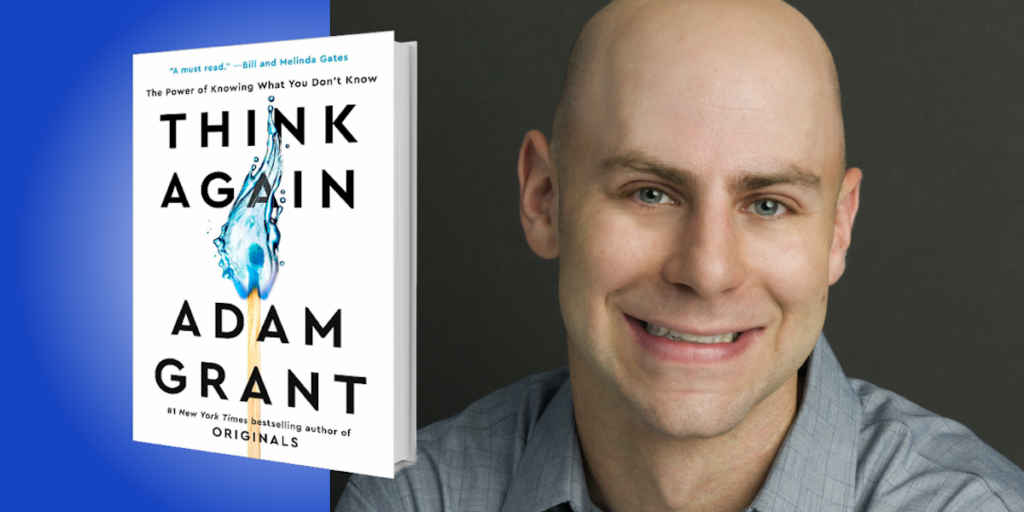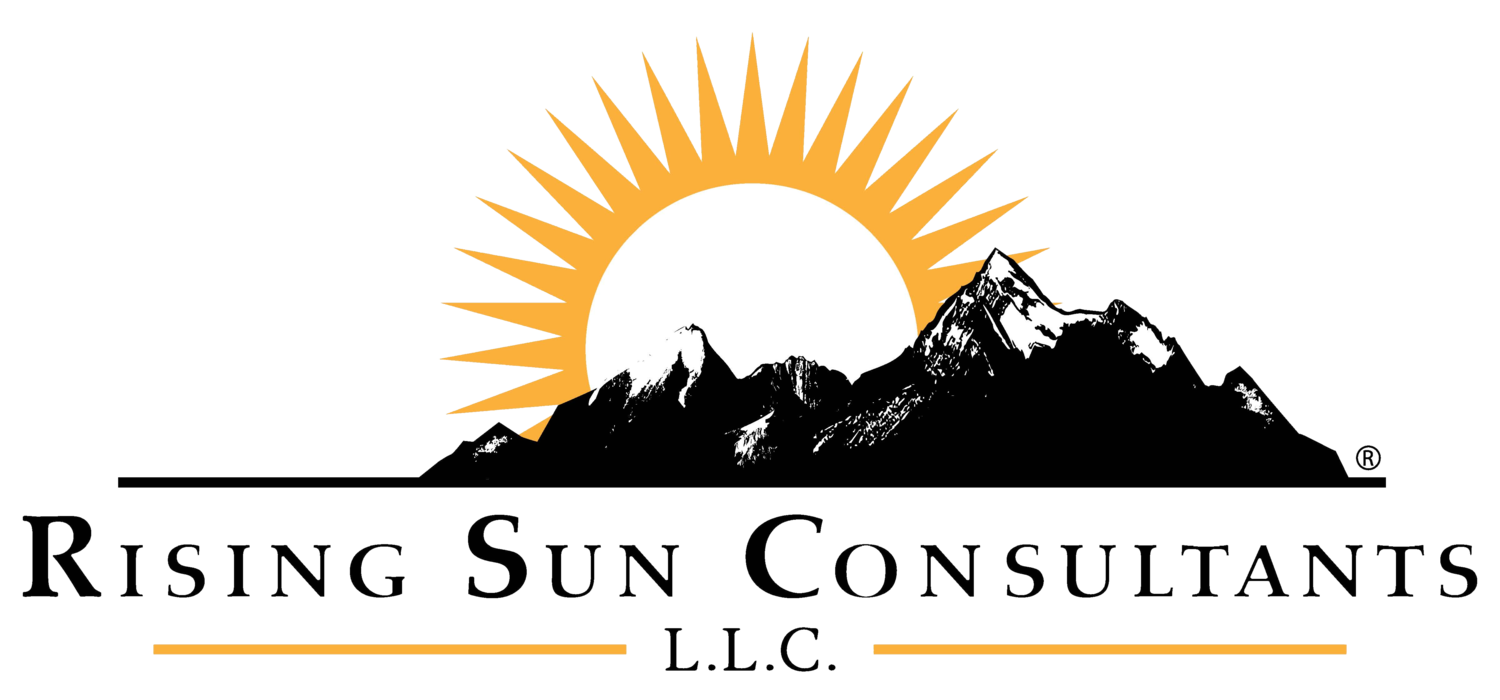BOOK FACTS
- Title: “Think Again: The Power of Knowing What You Don’t Know“
- Author: Adam Grant
- Publisher: Viking
- Copyright: 2021
- No. of Pages: 320
RATING (5 RISING SUNS IS A MUST READ – 1 RISING SUN IS LOW INTEREST IN READING)
- Readability: * 5 Suns
- Maintains Attention: * 5 Suns
- Applicability of Information: * 5 Suns
Think like a scientist.
On Our Radar this month breaks down the latest work by Organizational Psychologist, professor and author, Adam Grant. Grant has a proven track record for provoking thought, improving interaction, and increasing quality of life. His book Think Again: The Power of Knowing What You Don’t Know only reinforces an already impressive resume.
“It takes humility to reconsider our past commitments, doubt to question our present decisions, and curiosity to reimagine our future plans. What we discover along the way can free us from the shackles of our familiar surroundings and our former selves.” -Adam Grant
Think Again is an eloquent argument to the ill-fated mentality of that’s the way it’s always been done. Grant encourages and cautions us to reconsider how we formulate opinions, engage in debate, and seek happiness. He provides examples which show both the perils of stubbornness to change and the liberating feelings of making new discoveries. While many leaders are reluctant to admit when they don’t know something, Grant actually inspires us to not only admit it, but to use this deficit as a foundation for continuous growth and enlightenment.
Grant illustrates how we can spend a significant amount of time playing one of three roles; the preacher, the prosecutor, or the politician. As a preacher, our theories are presented as truth and any attempt by others to critique those theories is quickly dismissed. When playing the role of the politician, we tend to allow “our views to be swayed by popularity rather than accuracy.” Similar to the testimony of a key witness in a trial, as prosecutors we strive to “discredit, rather than discover.” Instead of digging our heels in or working tireless to defend what we think we know, Grant urges us to take on the role of the scientist – to constantly experiment, to ask how things came to be more often than why they did, and to work to back up our theories with concrete data.
Many leaders employ the use of mentors, networks, and various support systems. Grant, however, asks how many of us have individuals or groups of people ready to challenge us and, moreover, are we willing and able to be challenged? Not only does real growth take place when we start by declaring what we don’t know, it also occurs when we allow others to question our theories and embrace their criticism. This is not to say that we simply abandon our thoughts for those in our challenge network, but to permit others to help us see blind spots, to identify flimsy arguments, or to reconsider a premise based on research and broader thinking. Do we/they disagree solely for argument’s sake, or was a truly compelling case presented to where the disagreement came in the form of a conclusion and not a reaction?
Think Again tests us to delay our intense and often emotionally driven desire to respond prematurely. As an alternative, we’re advised to listen more, ask questions, and to simply be curious. We cannot learn and grow if we rush to comment on information or insight which hasn’t been offered or explained yet in its entirety. Conversely, just as a challenge network can help us to identify our own weaker arguments, listening more and posing questions can help others realize their own. As Napoleon once said, “don’t interrupt your enemy when their making a mistake.” Grant shows us that listening can both make an argument and prevent one. In regards to the latter, sometimes people just want to be heard.
Oftentimes, leaders show praise when employees deliver exemplary results or simply when they abide by stated expectations. While both can bring success to an organization or strengthen its culture, Grant offers a different perspective. He challenges leaders to praise the process employees use instead of the results they generate. Where results may dictate current success, process growth can be the catalyst to future achievement. Organizations, Grant urges, should be looking to create better thinkers and problem solvers, not just better workers.
On the subject of culture, the book details the importance of creating a safe psychological environment. Practices like healthy conflict, question and answer, constructive critique will all suffer under a culture which is resistant to change or re-thinking. To the contrary, cultures which embrace opposition and challenge the status quo ensure that best practices evolve, discussions are far more productive, and better solutions are generated.
Think Again is for the person who isn’t afraid to admit when they’ve made a mistake or that they always have more to learn. It doesn’t just champion change and expanded thinking; it provides a detailed map on how to get started and where to go afterwards. The book is a thoughtful and influential take on how to become better workers and students, as well as how to increase overall well-being and quality of life. Grant pleads with his readers to “rethink actions, not surroundings” and to derive happiness from meaning and purpose.
Think Again is not necessarily a leadership book or self-improvement guide. It’s a call to action for those who have remain fixed in their thinking, narrow in their perspective, hasty in their responses, and limited in their impact and contribution. To Think Again is to embrace a world of possibilities and a passion for immense, continual, life-changing growth.


